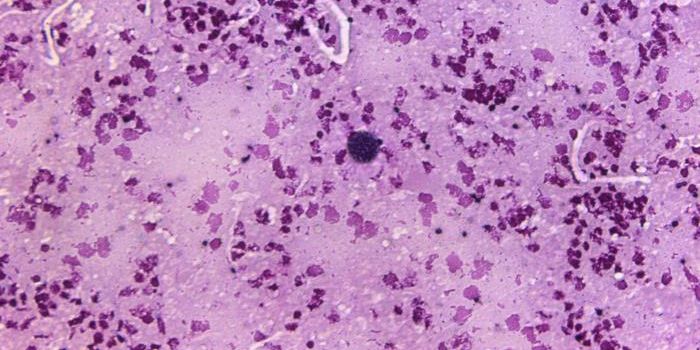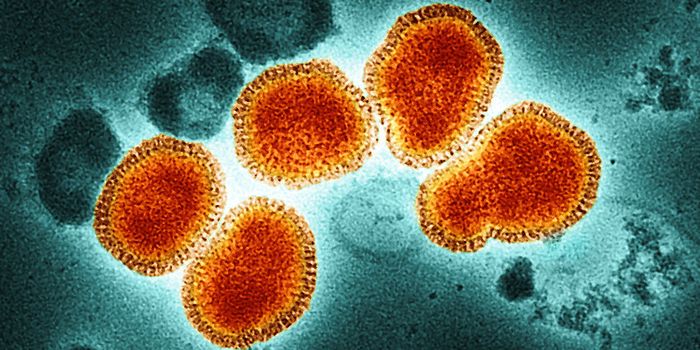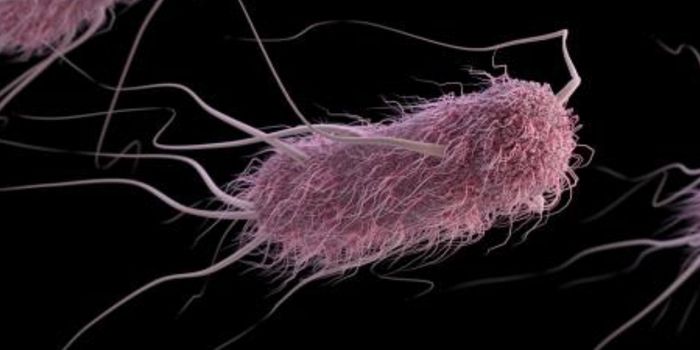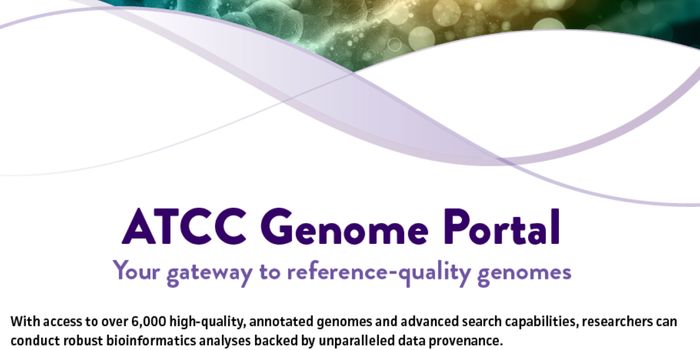Malaria Vaccine Program Begins in Malawi
It’s estimated that malaria, which is transmitted by mosquitoes, sickens 200 million people every year, killing around 435,000. Children are most vulnerable; malaria is thought to kill one child every minute. There have been significant efforts to create a vaccine, and now the World Health Organization (WHO) has launched a malaria vaccine program in Malawi, which will be the first of its kind. The vaccine will now be given to Malawian children under the age of two, and the initiative will expand to Ghana and Kenya in the next few weeks.
“We have seen tremendous gains from bed nets and other measures to control malaria in the last 15 years, but progress has stalled and even reversed in some areas. We need new solutions to get the malaria response back on track, and this vaccine gives us a promising tool to get there,” noted WHO Director-General Dr. Tedros Adhanom Ghebreyesus. “The malaria vaccine has the potential to save tens of thousands of children’s lives.”
WHO sought countries that were interested in implementing the program. They selected the three nations after looking at ten candidates and several criteria, including ensuring that the countries would be able to carry out the immunizations and that they were experiencing moderate or high rates of malaria transmission. Children that receive the vaccine will get four doses - three between the ages of five and nine months, and the fourth and final dose around age two.
“Malaria is still one of the biggest killers of children worldwide, taking the lives of over 200,000 children every year. These pilots will be crucial to determine the part this vaccine could play in reducing the burden this disease continues to place on the world’s poorest countries,” said Dr. Seth Berkley, the CEO of Gavi, the Vaccine Alliance.
The vaccine, called RTS,S, was first created in 1987 by GSK scientists. From 2009 to 2014, it was tested in Africa in Phase 3 trials. The vaccine was found to prevent four in ten clinical cases of malaria, and three in ten cases of severe malaria. Importantly, it stopped six in ten instances of the most common cause of malaria-related childhood deaths, severe malaria anemia. There were also major reductions in admissions to hospitals, and less of a need for blood transfusions to treat the severe anemia caused by malaria. Although bed nets treated with insecticide, quick diagnosis and improved treatment were helping in some areas, the vaccine can make a massive difference for children and their families.
“To step up the fight against malaria, we need every available tool. If this pilot shows that RTS,S is a cost-effective tool against malaria, it will help us save more children’s lives,” said Peter Sands, Executive Director of the Global Fund.
“The malaria vaccine is an exciting innovation that complements the global health community's efforts to end the malaria epidemic. It is also a shining example of the kind of inter-agency coordination that we need. We look forward to learning how the vaccine can be integrated for greatest impact into our work,” added Lelio Marmora, Executive Director of Unitaid.
Source: WHO








